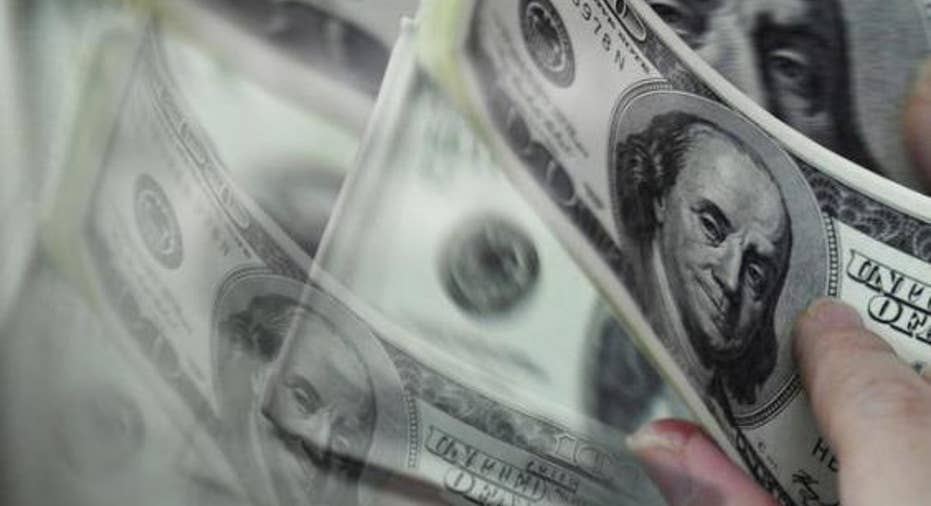Fiscal Cliff: Why Raising Taxes Isn't the Solution

In the debate over taxes and the fiscal cliff, all the talk is pretty high level stuff. We talk about tax rates, tax brackets, but not dollars and cents. Today, I’m going to talk about dollars and cents, and if you have a weak stomach, well, you might want to sit down.
Here's what we're looking at in terms of tax hikes if we go over the fiscal cliff; the dollars and cents, the Benjamins, and the moolah. By that, I mean the increase in taxes, not the whole kahuna.
The average federal tax increase is different for each income:
If you are making $200,000-$500,000 the federal tax increase will be $38,602.
$100,000-$200,000: $5,758
$75,000-$100,000: $3,193
$50,000-$75,000: $2,238
$40,000-$50,000: $1,660
$30,000-$40,000: $1,394
$20,000-$30,000: $1,062
$10,000-$20,000: $537
Less than $10,000: $217
That's just the taxes on income. Total tax increases on the top earning group (that's $500,000 to $1 million) will be closer to $39,000. I didn't make that when I started in this business.
For all that pain, and all that lost momentum in the economy, what do you think we'll gain in terms of revenue?
No less than the Congressional Budget Office says raising taxes on the rich, as the president proposes, would do nothing to reduce the deficit. Really.
Look, raising taxes to Clinton era levels for those families making over $250,000 a year would only raise $824 billion over 10 years. That is not enough to undo the sequester, and not enough to set this company on the right track financially. What's more, it's becoming increasingly clear the problem our country faces isn't a lack of revenue, it's a spending problem.
The nation's federal tax revenues are rising, approaching the levels of just before the Great Recession.
Spending is what we need to bring to heel, yet nobody seems to be talking about that in Washington right now.



















